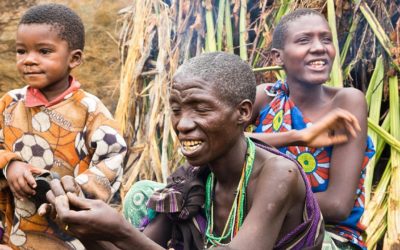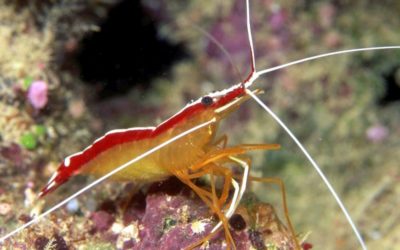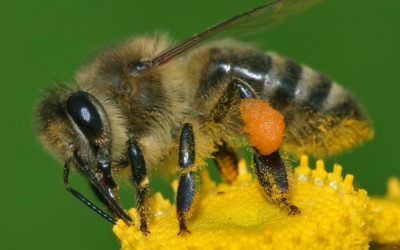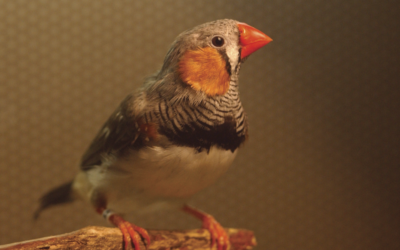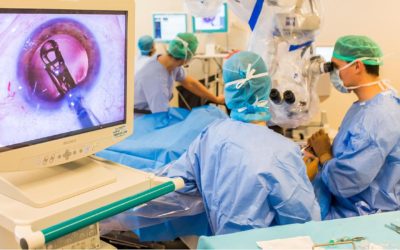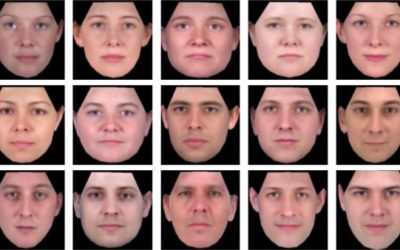News Writing
Anti-Alzheimer’s gene may have led to the rise of grandparents
Science magazine
Evolutionarily speaking, we are born to make babies. Our bodies—and brains—don’t fall apart until we come to the end of our child-bearing years. So why are grandmothers, who don’t reproduce and who contribute little to food production, still around and still mentally sound?
This Shrimp’s Got Rhythm
Science magazine
Yellow-beaked cleaner shrimp may not sing for their supper, but they’ll dance to get a meal, a new study suggests. The small crustaceans, which dine on parasites that infest large, predatory fish, use the dance to attract customers.
Canadian Universities Pick 19 Good Men
Science magazine
When the Canadian government created a $200 million pot to attract up to 20 of the world’s best researchers in four target areas, university administrators had no trouble finding 36 stars that they wanted to hire. Diversity was another matter, however.
When the bee stings
HHMI Bulletin
A new study suggests large protein complexes called inflammasomes play a role a key role in the body’s response to venom from bee stings.
Chemical Biologist Is First Woman to Win Lemelson-MIT Prize
Science magazine
Chemical biologist Carolyn Bertozzi is the first woman to receive the Lemelson-MIT Prize.
Baby birds’ babbling finally makes sense
Boston Globe
New research from MIT suggests a specialized brain circuit is behind the male songbirds’ early ramblings, and may also underlie the nonsensical noises made by their human counterparts.
Steroid eye drops reverse cataracts in mice
Science magazine
More than half of Americans over the age of 70 have cataracts, caused by clumps of proteins collecting in the eye lens. The only way to remove them is surgery, an unavailable or unaffordable option for many of the 20 million people worldwide who are blinded by the condition.
Science magazine
Why beauty is in the eye of the beholder
Science magazine
They say beauty is in the eye of the beholder. But whether the beholder’s opinion is a product of one’s genes or one’s environment has long been a question for scientists.

